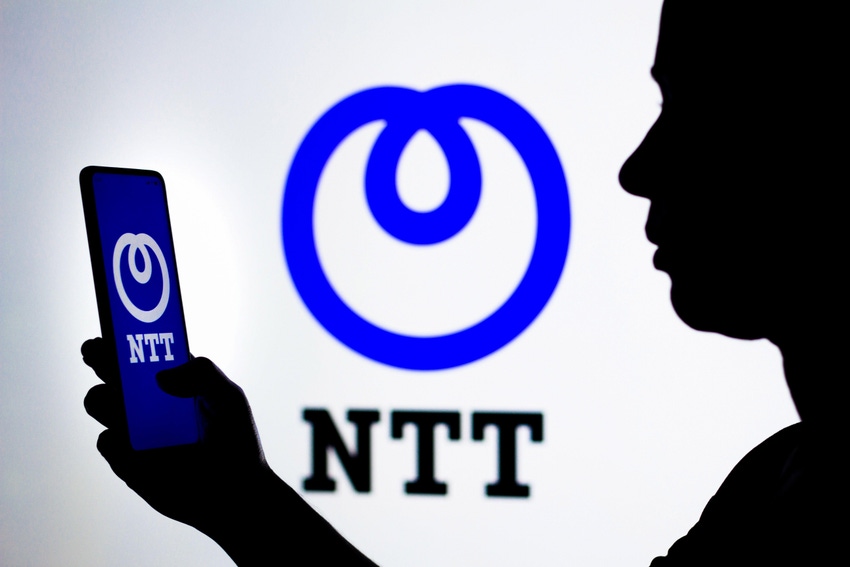Bill to revise 'NTT Law' approved in Japan amid strong opposition from rival telcos
The Japanese cabinet approved on Friday a bill to ease the legal restrictions imposed on NTT in 1984 as part of its semi-privatization.

The Japanese cabinet of Prime Minister Fumio Kishida on Friday approved a bill to revise the so-called NTT Law, which puts restrictions on the dominant operator in the country.
According to the Jiji Press, one of the proposed amendments to the 40-year-old law includes scrapping NTT's obligation to publicly disclose results of its R&D teams, to strengthen its global competitiveness.
The Japanese news agency added that the revision bill would also allow NTT to allocate less than one-third of executive posts to foreign nationals. The operator is currently constrained to appoint only local nationals to executive posts.
Another proposed amendment would make it possible for NTT and its two regional units to change their trade names.
Jiji Press said the government's Information and Communications Council will continue discussions on the issue.
Strong opposition
NTT's rivals – KDDI, Rakuten Mobile and SoftBank – issued a joint statement right after the revision bill was approved, reiterating their strong opposition to the proposed amendments.
They expressed deep concern about the bill's proposal, saying a "time limit must be set" for the amendments to be finalized could lead to hasty discussions that could have an adverse impact on Japan's telecommunication industry.
"Matters related to fair competition, universal service obligations, and restrictions on foreign investment have a significant impact on national interests and people's lives, including from the perspective of the security of Japan's telecommunications infrastructure, and it is necessary to listen carefully to the voices of local businesses and the public in considering such matters," the joint statement said.
"We will continue to oppose the 'repeal' of the NTT Act and strongly request that more careful policy discussions be held," it added.
The three operators have been leading the charge for the retention of the law that has governed NTT since 1984 at the time of its semi-privatization.
In October, the three operators were joined by 177 Japanese organizations, including cable TV providers, online media companies and local governments, in their formal petition submitted to the LDP project team tasked to review the law with an eye on its possible abolition.
The petition called for "sufficient and necessary discussions to take place," with the goal of establishing a fair environment to compete with NTT, which has inherited assets and important facilities from its time as a public corporation.
Government keen to abolish NTT Law by 2025
But lawmakers seemed determined to scrap the law, which they say hinders NTT's global competitiveness,
In December, Communications minister Matsumoto Takeaki said the government aims to introduce the legislation in the next session of the Diet.
He said that the speed of change in the industry meant that "necessary system reforms must be carried out quickly," although he acknowledged the final form of the law was yet to be formulated.
The impetus to reform the NTT Law came on the heels of comments made by NTT President Akira Shimada in August during an earnings call that existing regulations are hampering the carrier's new technology push.
At stake is the future of the telco operator's next-generation infrastructure, dubbed the Innovative Optical and Wireless Network (IOWN), that is currently in development.
For the ruling LDP, however, the revision of the NTT Law is motivated by more than just the desire to put Japan ahead of the 6G race.
Reports in August revealed the government wants to divest its shares in the company to help fund growing defense costs. The government is doubling Japan's annual defense spending to 2% of its gross domestic product in the fiscal year beginning 2027. It plans to spend 43 trillion Japanese yen (US$301 billion) over the next five years.
At that time, the government's 34.25% stake in NTT was recently estimated at JPY4.8 trillion ($32.8 billion), based on the stock price. It is the single largest shareholder of the telco carrier. But the NTT Law would have to be revised before the shares can be sold.
Read more about:
AsiaAbout the Author(s)
You May Also Like












